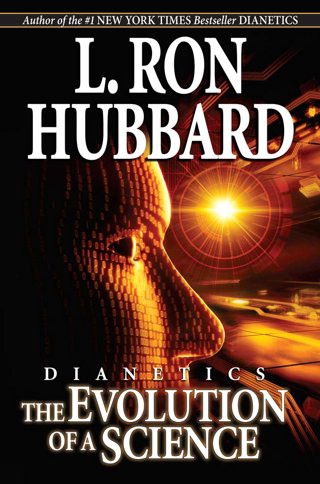Dianetics Things To Know Before You Buy
Dianetics Things To Know Before You Buy
Blog Article
Some Known Facts About Dianetics.
Table of ContentsDianetics Things To Know Before You BuyTop Guidelines Of DianeticsOur Dianetics StatementsAbout Dianetics
I could not ever not intend to receive anything that comes to mind for you- if it was or else, I would not be sitting right here with you, doing this. I not just might never have a problem, or otherwise intend to hear something that comes to mind for you, but I'm totally excited to recognize every concept, every thought, every photo or sensation that arises or materializes for you- don't ever think otherwise, and if for one reason or another you do, please just let me understand! Often, you may have an idea, and photo, concept or case pop up that does not seem to answer the question, or associate with it, yet nonetheless, constantly do tell me concerning it, and as we continue, the relevance will emerge for you.This is intrinsic in the basis of handling, and the topic of this discussion: the standard roles of the counselor and the customer: The basic function of the counselor is, as opposed to "conventional training", not to regulate, which indicates to enforce and/or hinder, however to instead function from the basis of EMPOWERING THE CUSTOMER.

Fascination About Dianetics
John Mcmasters shared this basic fact splendidly well in one of his talks on Power processing, where he discusses just how he was asked what this "unique knack" was that he had for giving such fantastic sessions; he had to assume about that for a moment, and found that it was what he wasn't doing, in addition to what he was doing: he wasn't examining, evaluating, computing, or as a matter of fact, producing any thoughts, not to mention spoken expressions, after giving the command and while awaiting the computer to complete their answer to their complete satisfaction; he was, merely and just, being existing with the computer, and totally interested.
The role of the therapist, showed; that was his "unique flair". I have actually had my very own experience which educated me this well, really at an early stage in the game. In 1982, having actually recently finished my training and internship on New Period Dianetics, I was running this on a COMPUTER, and there was a point in the session where (being a little bit damp behind the ears not yet having numerous hours under my belt as a professional auditor) the PC appeared to be "taking also lengthy" to express anything verbally after I provided him a command.
This trick became the most useful payment that John ever made to the topic of treatment or bookkeeping (Dianetics). In my modest point of view, it is the greatest payment that any individual has actually ever made to these subjectsthe application is completely non-judgemental, non-evaluative, and lacking any type of pointer, suggestions or opinion.no preconceived program for people, or 'levels' that they need to do
In Scientology we prided ourselves on not reviewing for individuals. All that truly suggested was that the auditor did not VERBALLY evaluate for the Computer in session.
A Biased View of Dianetics

Any person that had ever seen John audit could not aid however see an one-of-a-kind top quality in his auditing."The client's basic function is to be there with the objective of moving in the instructions of their spiritual goals, and to easily and fully reveal and experience whatever materializes for them in answering the questions and performing the instructions in the handling.
This is something to procedure as needed. Additionally, individuals regularly have prior experience and/or brainwashing in auditing/processing which, in some ways, and to some degrees, in fact misguides them right into attitudes, ideas and habits patterns that protect against the complete awareness of these functions, and so they will often tend to inhibit the expressing of what comes to mind, as in the instances given over - Dianetics. * The first, and probably leading instances of mis-indoctrination leading to much less than entirely smooth and reliable sessions, can be found in certain facets of the training routines, or "TR's":"TR's" are usually a person's initial, or at the very least early, experience in Scientology, and while I will go on to clarify what I view as the problems in idea and method, however, tend to be substantially restorative, done as they are offered (Hubbard urges that "TR's are not processing, they are training", however factually, they are both processing AND training)
Alan Walter made similar monitorings, and improved on these with his "Visibility Processes". There is no "failing", and no denial of the fact of this being handling. The emphasis, as it should be, is on experiencing the other individual's existence. All the indications which obtain a "fail" in doing "TR-0" are just the being's efforts to stand up to the other individual's existence, and as other opposed to being pop over to this web-site harassed and pestered with "Flunk", which enforces "failing!" on the being, one just needs to be encouraged to "stick their feet in the water a little much deeper", to progressively refurbish their ability and readiness to fully share and experience "being below", or "presence", with others.
Dianetics for Beginners

Report this page